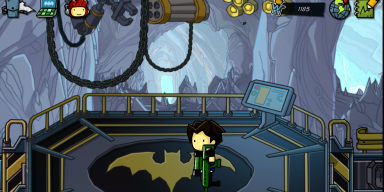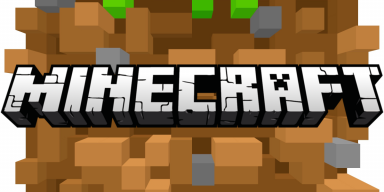Political correctness would dictate that we should say that all systems of halachah and tradition are equally valid. But truth be told, few people actually beleive that. When we win the confidence of members of different communities, we will often...
Comments
Likes
We will first encounter a difference between an Ashkenazi and Sepharadi Shabbat already with candle lighting. Among Ashkenazim, the last thing that the lady of the house does before Shabbat begins, is to light the candles. With the blessing on the...
Comments
Likes
Now that the candles have been lit, let's take a peak into the kitchen. As the Torah clearly forbids lighting a fire on Shabbat, we will find either a gas jet left on, covered by a piece of metal (blech or plata), or an electric hot plate. In the...
Comments
Likes
We go to Synagogue, come home, make Kiddush on the wine, and have our meal. Although there are different nuances in the prayers, and the foods served at the meal, none of these differences are terribly significant. Our next big "shocker" comes...
Comments
Likes
I mentioned in passing in my last post, about the issue of medications on Shabbat. The ancient rabbis forbade medication on Shabbat, as the herbal medicines used in those days (and by modern day practitioners of herbalism), often involved grinding...
Comments
Likes
The next part of our story, I like to call "the Gefilte Fish". It is a long established custom of most Jews to have a fish course at all, or at least some, Shabbat meals. However, some see a problem in doing so. One of the prohibitions of Shabbat...
Comments
Likes
Since we have enjoyed out gefilte fish, how about a salad? If we are Ashkenazi, not so simple. If vegetables need to be peeled, we run into the issue of "borer". Even if we determine that peeling a vegetable is NOT borer, the halachah stipulates...
Comments
Likes
Wait, did I say at the end of my last post that we should have some tea? Wow, does that open a can of worms! How shall we make it? I have discussed in other posts, that ,in the laws of Shabbat, a vessel cooking over the fire is a "kli Rishon"...
Comments
Likes
It is forbidden to heat water on Shabbat to the point that one could be scalded. There are different estimates of how hot that is, but scientifically, that is between 130 and 140 degrees Fahrenheit (54-60 C). One may not wash in water that has...
Comments
Likes











